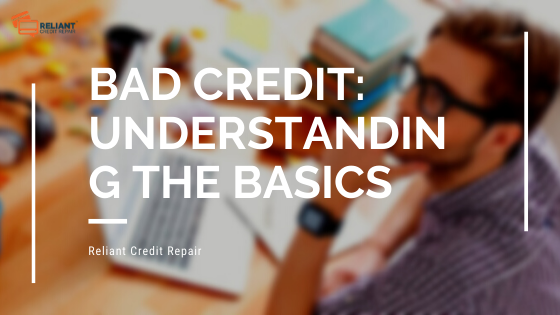What Is Credit And How Is It Established?
A credit rating is simply someone?s assessment of how well you would be able to pay back money lent to you. Usually, that ?someone? is a credit reporting agency; however, creditors themselves will also make their own assessment, which is usually based on the score you receive from the credit reporting agencies and is determined by requirements that vary a great deal from one creditor to the next. The largest scoring agency determines your “FICO” score.
Credit can be established in a number of ways. Perhaps the most common is the opening of a credit card account. In some cases, a secured card (a card that requires you to pay money into an account the creditor controls before you receive a card) may be the way to establish credit initially. You can also use low balance store cards or gas cards that let you prove that you can pay your monthly payments back, before qualifying for a larger balance credit card.
Again, credit is just one person?s or one entity?s estimation of your ability to repay what you borrow. Once you’ve established one or more trade lines on your credit, your score will be more directly related to the percentage of credit you carry as compared to the total amount you could carry and your payment history on the trade lines you have. If you are looking for credit lines, or credit reports, there are providers available at http://Bills.com A trade line is any credit account where you have borrowed money and are paying it back such as a credit card, home loan, or signature loan. All your open trade lines and some of your closed ones will show up on your credit report.
As mentioned above, the amount of debt you are currently carrying when compared to your max debt is one factor that figures into your credit rating. If your max debt, or credit limit, is $10,000 and you are carrying $8,620, you?re currently carrying over 80% of your max debt, which is more than the credit reporting agencies like to see.
Payment history is another factor the agencies use to determine your score. Your payment history is the trend you set when it comes to paying off your debt, either an on-time minimum payment every month or a less-than-minimum payment, late payment, or other problem even one time. If your payment history isn’t spotless, it can cost you points on your credit score and may cost you money the next time you try to get a loan.
The length of time your trade lines have been open will also affect how your score is established. Closing old trade lines in favor of new ones won’t help your score since your payment history on the new tradelines won’t be as long as it was on the old, giving the credit reporting agencies less on which to base your credit score.
Credit and your credit score have everything to do with your usage, management, and payment habits pertaining to the trade lines on your credit report. Be wise in the handling of these trade lines and your score will rise. Make poor decisions, and your credit will suffer. Your credit rating is important when it comes to financing cars and homes, shopping for insurance ? even when interviewing for some jobs. You’ll want to present the most responsible picture, and that means having excellent, well-established credit that speaks for itself.



